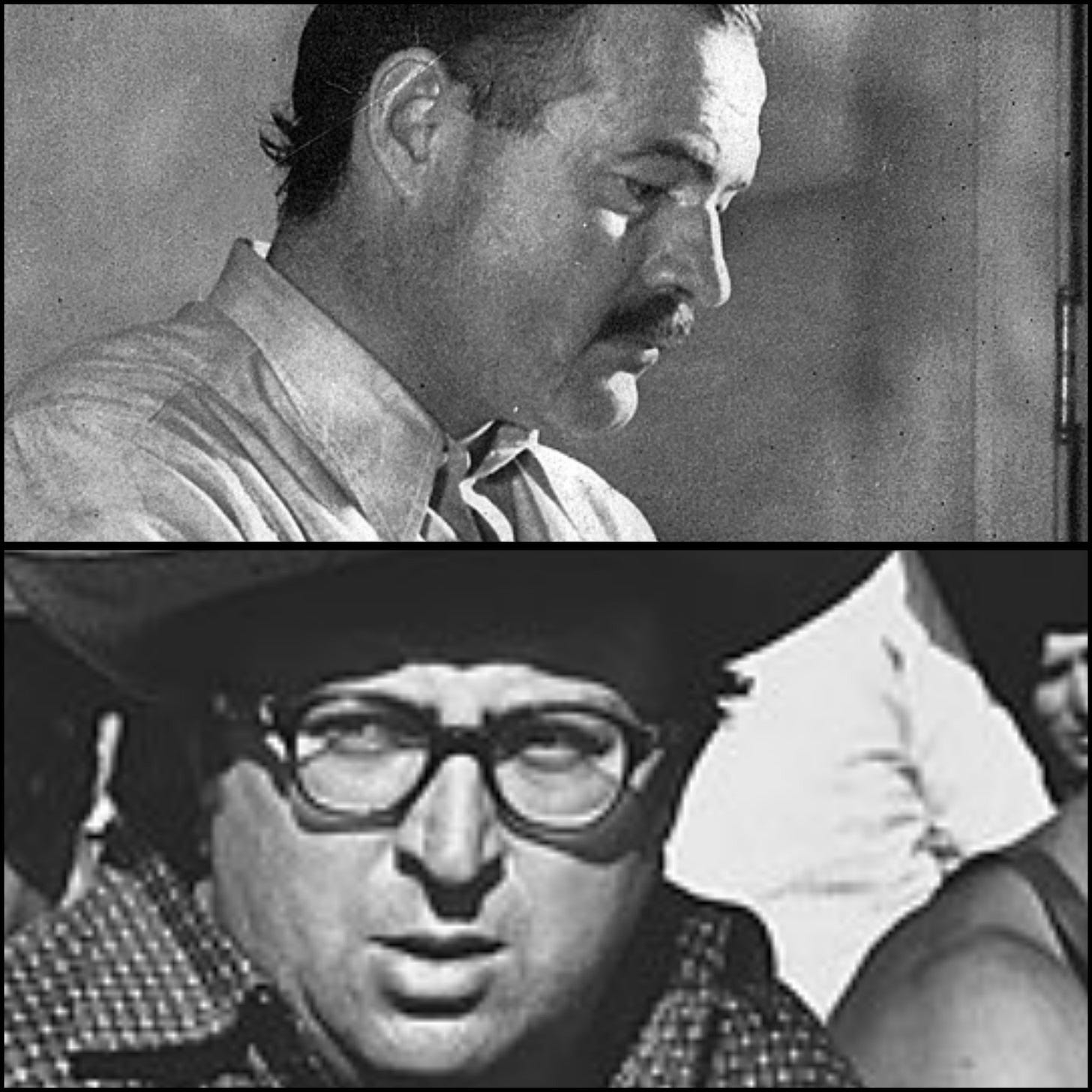Hemingway said “All you have to do is write one true sentence. Write the truest sentence that you know.”
This reminds me of cinema. There's lots of movies, but few that are CINEMA.
In both cases, it's difficult to define what they are, but it's easier to identify it when you see it.
I wrote about how Mel Gibson came up with an approximation of what cinema is here.
Hemingway mastered the true sentence.
Sergio Leone mastered cinematic storytelling.
What is the truth you’re writing from?
Fiction is the framework for your story, but fiction sometimes makes truth more apparent than non-fiction.
The balance of truth to fiction is verisimilitude. How convincing can you make your fiction?
What is your idea of a true sentence?
What is your idea of cinema?
If they mean something special to you, they are artistic influences.
They are a part of your truth.
The totality of your truth is the sum total of your artistic influences + the unique element that is your contribution.
Father Bronques, the host of the excellent podcast make Art Not Content, presented this questions as a way to solve this personal riddle:
What’s natural and easy for me to do that no one else could do it without faking it?
This is what entrepreneur Naval Ravikant refers to as Specific Knowledge in one part of a long thread:
When I can answer this for myself I will have found my truth.
And so will you if you do this work for yourself.
And we can do it together through these posts, giving feedback and encouragement to each other.
Happy 4th of July!



It was always my desire to have raised my children to go for specific knowledge. That was the one thing I felt I needed to give them. Next to knowing that I am safe space for them to be exactly who they are. I believe I’ve succeeded in that.
In Trinidad, storytelling is a survival skill. As someone shaped by stories from the Caribbean, my “cinema” often starts with voices around a kitchen table. My grandma, grandfather, mother... All gone but still much alive in my stories :)
Happy Saturday, Jay!